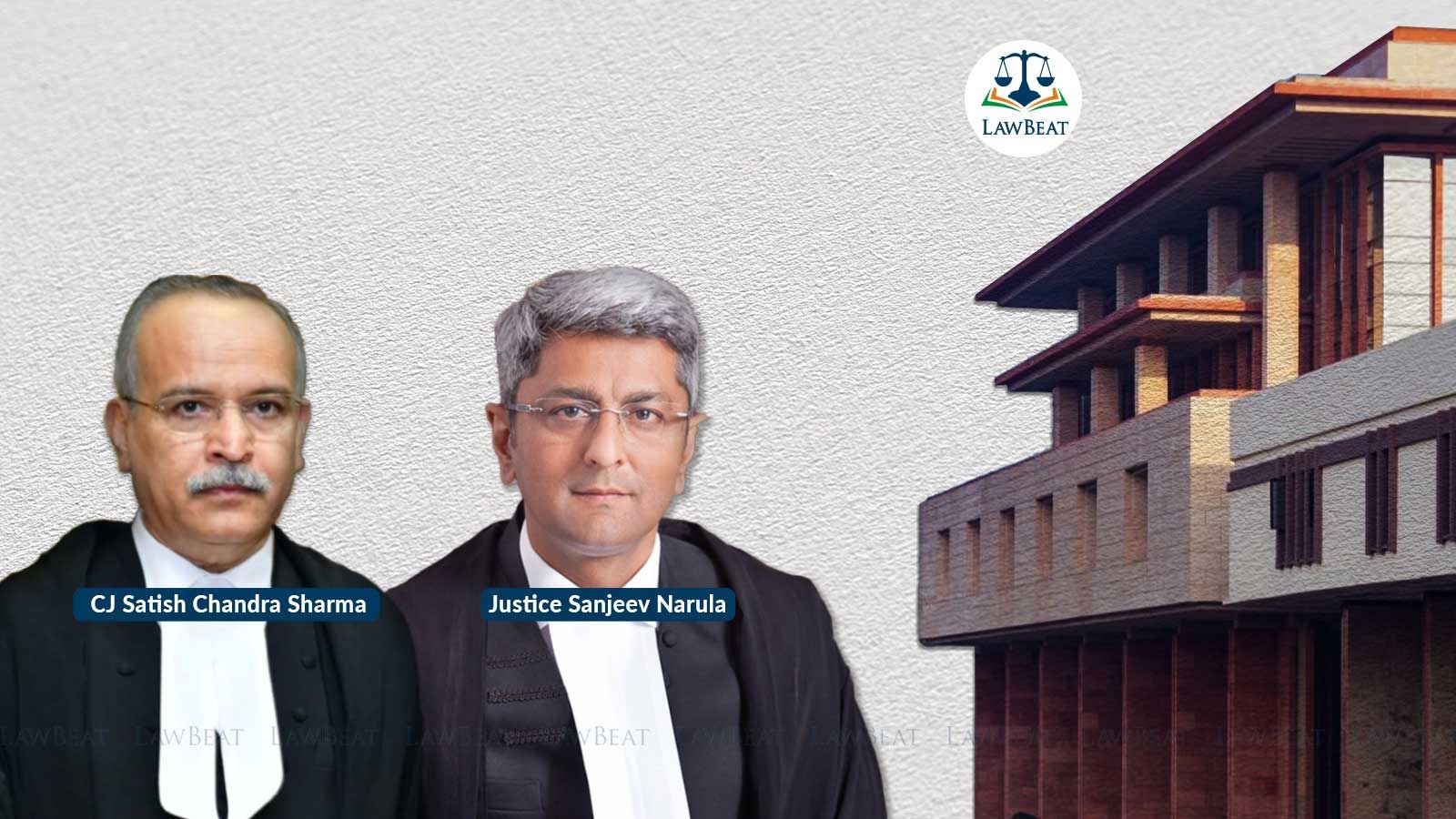Bar Council of India moves Delhi High Court against single judge's order allowing Korean Citizen's enrolment in BCD

BCI has moved the High Court against a single judge's order allowing a South Korean citizen, Deayoung Jung to be enrolled in the Bar Council of Delhi (BCD)
The Bar Council of India (BCI) on Wednesday moved the Delhi High Court against a single judge's order allowing a South Korean citizen, Deayoung Jung to be enrolled in the Bar Council of Delhi (BCD).
Senior Advocate Manan Kumar Mishra, on behalf of the BCI contended that this case has ramifications and far reaching consequences.
At the outset, Chief Justice Satish Chandra Sharma asked the senior counsel, "What dis-entitles him from registration?"
Referring to Section 24 of the Advocates Act, Manan contended that he is a citizen of South Korea.
The bench also comprising of Justice Sanjeev Narula asked, "Are the citizens of India allowed to practice law in South Korea? He is a foreigner, who has acquired law degree in India. That's the whole point in this case."
"This is the issue that is to be decided by the State Bar Council and the Bar Council of India. Simply on the certificate from the National Bar Association of South Korea, we have been directed to enrol him. The reciprocity is the basis of enrolment, which is mentioned under Section 47 of the Advocates Act. It has also been wrongly interpreted by the learned single judge", the senior counsel replied.
Taking note of the submissions, the division bench said, "If the Indian citizens are allowed to practice law in South Korea, you don't have any case. If the korean government rules otherwise then you do have a case".
"Hold an inquiry and bring it to us. Counsel prays for six weeks, therefore he is granted six weeks time to submit appropriate document to establish that Indian citizens even though they have acquired qualification in South Korea are not permitted to be enrolled in South Korea", the court ordered.
Accordingly, the court listed the matter for further consideration on December 18.
Notably, on May 30, Justice Yashwant Varma had allowed the plea filed by one Daeyoung Jung, a South Korean citizen for enrolment as an advocate in the Bar Council of Delhi (BCD).
While allowing the plea, the bench had quashed the Bar Council of India’s decision refusing to consider Jung’s enrolment in the BCD. “The Instant writ petition is allowed. The impugned order dated July 23, 2020, is quashed and set aside. The Bar Council of India (BCI) is directed to process the petitioner’s application for enrolment”, Justice Varma had ordered.
Jung challenged the order dated July 23, 2020, passed by the BCI refusing his request for permission to be enrolled as an advocate. He has been residing in India for the past more than 16 years. Upon graduation in 2011, he was admitted to the B.A., LL.B. (Hons.) Course by the National Academy of Legal Studies and Research (NALSAR), Hyderabad, and graduated on August 6, 2016. He had approached the BCD in February 2019, but it was orally rejected. He had then sent a representation to the BCI, it was also rejected. He then approached the high court stating that he wanted to utilise his law degree and form a legal practice in India.
The counsel appearing for Jung had submitted that the impugned order is liable to be set aside and a formal declaration in favor of the petitioner liable to be granted. It was also submitted that an Indian national who obtains a law degree in Korea is entitled to practice in Korea and therefore, as per Section 24 of the Advocates Act, a Korean national who studied law in India should be allowed to practice in India.
Noting that the petitioner had addressed a specific query to both the President of the Korean Bar Association as well as the Ministry of Justice, South Korea on whether Indian nationals could enroll themselves with the Bar to practice law in South Korea, the court had said, “In any case, no Korean statute was shown to raise a nationality bar disentitling an Indian citizen, otherwise qualified, from pursuing the legal profession. Therefore, the absence of an explicit provision corresponding to the Proviso to Section 24 [even though Section 24 contemplates no such explicit requirement] would not have warranted the rejection of Jung’s application”.
On the issue that in case disciplinary action were to be initiated against a foreign national, the court had opined that the disciplinary action which the BCI is empowered to initiate must be answered bearing in mind the provisions of Section 35 of the Act. Section 35(3) empowers the respective Bar Councils to either reprimand an advocate, pass an order of suspension, or remove the name of an advocate from the state roll.
“Neither of those actions is dependent upon the physical presence of the foreign national in the country. Even if it were assumed for the sake of argument that a foreign national may flee the country after the initiation of disciplinary proceedings, the same would not act as a deterrent for the State Bar Councils to either reprimand, suspend or remove the advocate’s name from the State Roll. Even if a foreign national were to choose not to attend or participate in the proceedings that may be drawn by the State Bar Council, it would always be open for that Council to proceed ex parte”, the court had said.
The court had observed that the BCI clearly appeared to have lost sight of the fact that Jung was not a “foreign lawyer” claiming a right to establish his own legal practice in India. In fact, and to the contrary, he is a foreign national who holds a degree in law that is duly recognized under the Act and thus entitles him to seek enrolment, court underscored.
Case Title: Bar Council of India v. Deayoung Jung & Anr.
